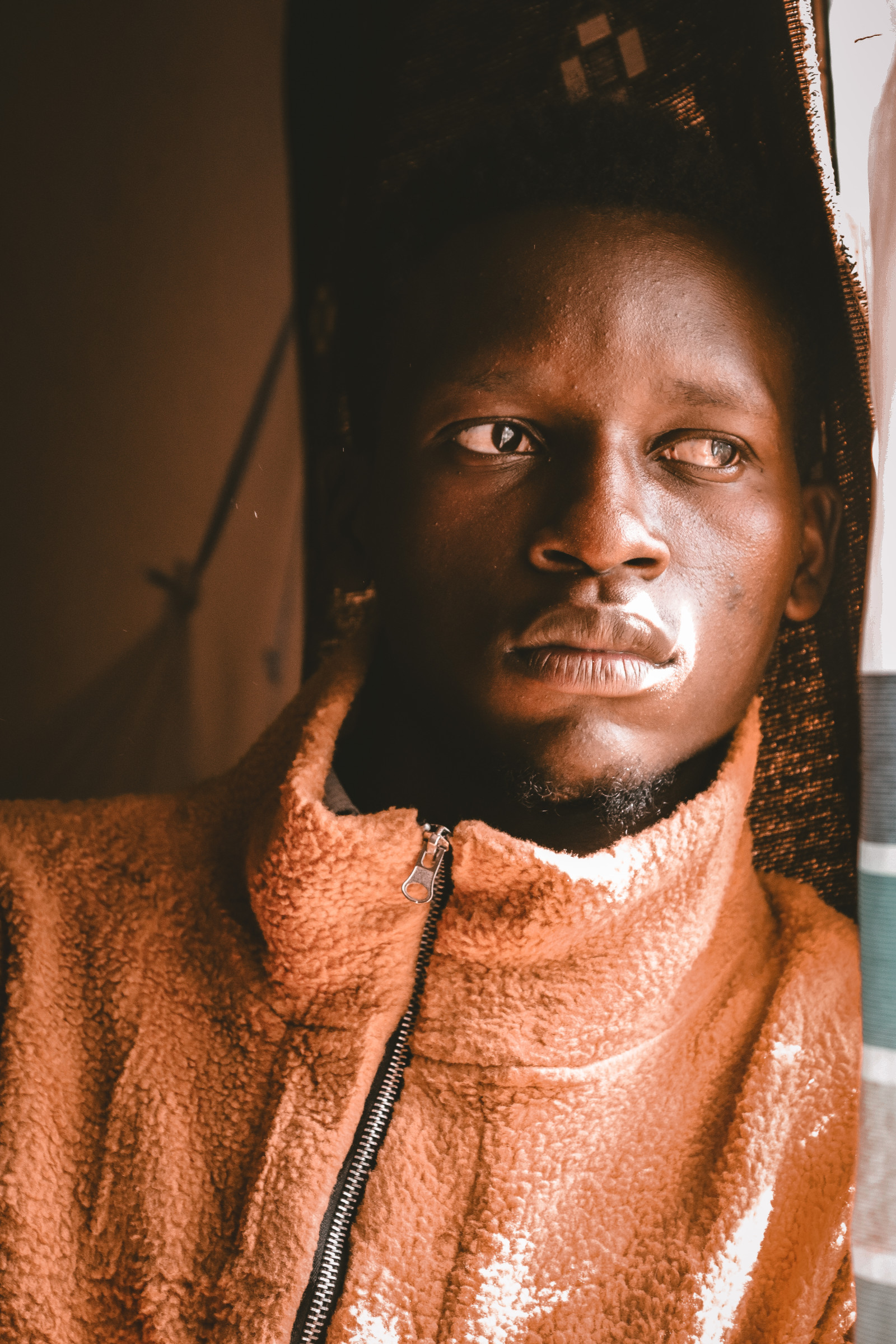In the broader context of the black community, the prevailing sentiment towards psychology and therapy is rooted in a collective upbringing that instills resilience in the face of adversity. Throughout history, black individuals have endured the harsh realities of slavery, poverty, and systemic racism, requiring a tough exterior to navigate the challenges of everyday life. From the trauma of family separations to the constant threat of violence, the black community has been conditioned to confront difficulties head-on and develop coping mechanisms from an early age.
Growing up in an environment where strength and self-sufficiency are emphasized, seeking external help for psychological challenges is often perceived as a sign of weakness. The historical struggles, such as enduring dehumanization and systemic discrimination, have forged a mindset that prioritizes internal resilience over external support. The prevailing attitude is one of self-reliance—facing adversity and overcoming it without the need for professional intervention.
Moreover, the historical mistrust of the medical system, evident in instances like the Tuskegee Experiment, has contributed to a broader reluctance within the black community to seek professional assistance, even when needed. The systemic discrimination and lack of access to healthcare have created a hesitancy to engage with the medical establishment, extending to mental health services. Two primary factors contribute to the underrepresentation of African Americans in therapy, creating a narrative that needs reevaluation and reform.
1. Cultural Stigma and Misconceptions:
One significant reason why many of the black community hesitate to seek therapy is deeply rooted in cultural perceptions. Within the black community, attending therapy is often met with skepticism and is unfortunately associated with a stigma. Some view therapy as an activity exclusively for white individuals, contributing to the notion that seeking professional help implies a weakness or inability to handle one's own issues independently.
There exists a prevailing sentiment that talking openly about mental health challenges is a sign of vulnerability. Consequently, those who do seek therapy often keep it hush-hush, perpetuating the idea that only severe issues warrant professional intervention. This cultural narrative needs to evolve, encouraging open conversations about mental health and dismantling the misconception that therapy is solely for a particular racial or ethnic group.
2. Limited Representation of Black Therapists:
Another critical barrier lies in the scarcity of black therapists. While some of the black community may be open to therapy, the lack of relatability with non-black therapists can deter them from seeking help. It's not a matter of dismissing the capabilities of therapists from different backgrounds, but rather a recognition of the unique experiences and challenges faced by the black community.
Many individuals express a preference for therapists who can understand and empathize with their cultural context, believing that this connection fosters a more effective therapeutic relationship. Unfortunately, the limited availability of black therapists poses a significant challenge to those seeking mental health support tailored to their specific experiences.
Breaking down these barriers requires a collective effort to reshape cultural narratives, increase awareness, and promote diversity within the mental health profession. Encouraging open dialogue about mental health and debunking stereotypes can contribute to a more accepting atmosphere, where seeking therapy is seen as a proactive and empowering choice.
Beyond cultural perceptions, several universal challenges contribute to the reluctance of individuals, irrespective of race, to engage in therapy:
1. Stigmatization of Therapy:
Many view therapy as a last resort, associated with being a 'lost cause.'
False beliefs, particularly for men, equate seeking therapy with weakness and cowardice.
2. Financial Barriers:
The high cost of therapy creates financial pressure, making it an inaccessible option for many.
Limited insurance coverage for mental health services further exacerbates the financial burden.
3. Lengthy Waiting Lists:
Overburdened mental health services result in months-long waiting lists, hindering timely access to therapy.
4. Confronting Nature of Therapy:
Uncovering deep-seated issues can be emotionally challenging, deterring individuals from facing uncomfortable truths.
5. Trust Issues and Finding the Right Therapist:
Building trust with a therapist can be a lengthy process, particularly for individuals with pre-existing trust issues.
The necessity to navigate through multiple therapists before finding the right fit adds another layer of difficulty.
6. Lack of Awareness and Proactive Approach:
People often wait until issues reach a crisis point before considering therapy.
Proactive mental health awareness campaigns can help individuals recognize the value of seeking help early on.
Addressing these multifaceted challenges requires a holistic approach that includes destigmatizing therapy, improving accessibility, and fostering diversity within the mental health profession. By challenging misconceptions and expanding the availability of culturally competent therapists, we can work towards creating a more inclusive and supportive environment for mental health care within the African American community and beyond.
Black Man Needs No Therapy


Login to join the discussion